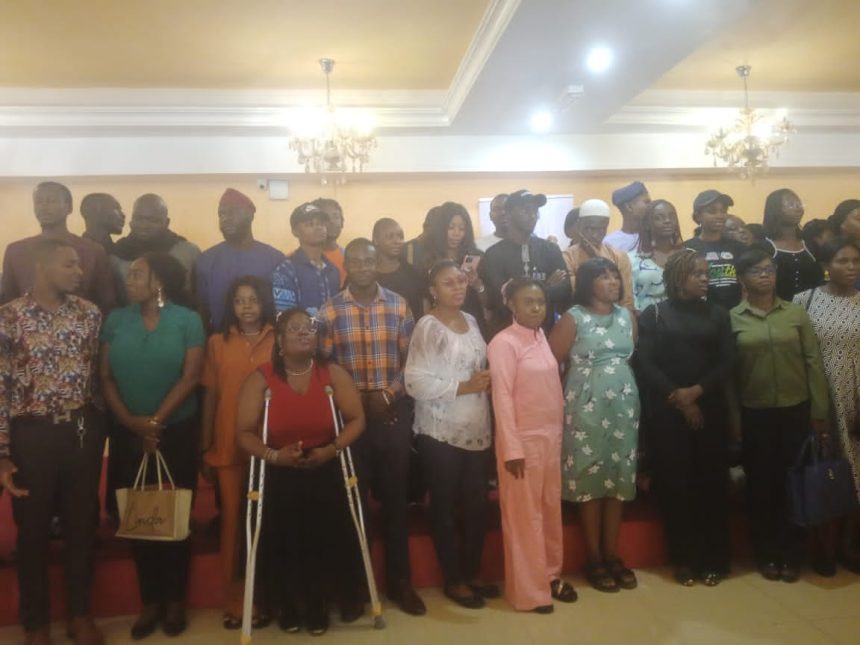By Funmilayo Adeyemi
A Non-Governmental Organisation (NGO), Plan International, on Tuesday in Abuja said that no fewer than 13 million Nigerian students are victims of Gender-Based Violence (GBV).
The NGO said that the various forms of violence in schools were being carried out by teachers or fellow students.
The Advocacy and Youth Programme officer of the organisation, Mr Jonathan Abakpa, made this known at a Legislative and Policy Roundtable Dialogue on GBV in education.
Abakpa said that one out of every three girls were experiencing violence in society, adding that the situation required a legislative redress.
“There is a current UNICEF report which shows that seven million girls are facing one form of violence from their teachers or classmates.
“Over six million men or boys are equally facing the same.
“This is just what statistics are showing, because if you look at the out-of-school and then the non-conventional – the informal educational sector, there are no clear statistics.
” In fact, there are no statistics anywhere that shows the level of violence that is occurring in that sector,” he said
According to him, if this is what research has shown, then it is an unpleasant reality for us in Nigeria.
He, consequently, harped on the need for conversations geared towards a timely passage of the sexual harassment bill by the legislature.
“When you look at the Tsangaya educational system, you find that there are so many cases of abuses and violations.
“Yet, these are not formal points of reports, and if this continues to grow, the contentious statistics of 18.3 million or 20 million out-of-school children will continue to grow.
“This is because it is just one factor that continues to put children away from school,” he said
He, consequently, called for strengthening of policies, an increase in the education budget for 2025 and enforcement of safe schools for girls.
Also speaking at the event, National Coordinator of Girls Get Equal, Mrs Adokaji Odela, said that there had been advocacies around GBV aadding that same requires redress.
She noted that engagement with stakeholders had led to the development of an accountability dashboard on cases of violence which has served as an opportunity to roll out their demands. (NAN)












